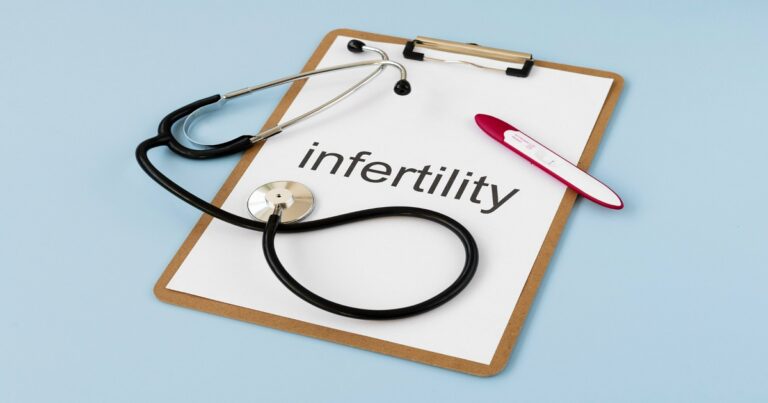
How Does Understanding Bias and Stereotyping Impact Society?
Bias and stereotyping are pervasive issues in today’s society. They are often the result of deeply ingrained social and cultural norms and can lead to discrimination, prejudice, and unfair treatment of individuals and groups.
What are bias and stereotyping?
Bias refers to the tendency to favor or oppose a particular group or individual based on personal beliefs, attitudes, or experiences. Bias can be conscious or unconscious and can affect how individuals perceive, interpret, and interact with others.
Stereotyping refers to the generalization of a group of people based on certain characteristics, such as race, gender, religion, or age. Stereotyping can lead to assumptions and judgments about individuals based on their group membership, rather than on their individual qualities or actions.
Impact of Discrimination
Bias and stereotyping can have a significant impact on both the individualistic and collectivistic levels of society. While the impacts may differ slightly depending on the cultural context, both levels can experience negative consequences as a result of bias and stereotyping.
Individualistic Level:
At the individualistic level, Predisposition can impact personal relationships, self-esteem, and mental health. Some of the impacts of bias and stereotyping at the individualistic level include:
- Discrimination: Homophobia can lead to discrimination, where individuals are treated unfairly based on their race, gender, religion, or other characteristics. Discrimination can lead to feelings of injustice, anger, and despair, and can have a significant impact on an individual’s mental health.
- Prejudice: Preconception can lead to prejudice, where individuals hold negative attitudes or beliefs about others based on their group membership. This can lead to feelings of isolation, rejection, and low self-esteem.
- Self-fulfilling prophecies: Prejudice can create self-fulfilling prophecies, where individuals conform to the expectations placed on them based on their group membership. This can lead to a self-perpetuating cycle of bias and stereotyping, where individuals are unable to break free from negative expectations.
- Interpersonal conflict: Prejudice can lead to interpersonal conflict, where individuals clash based on their differences. This can lead to feelings of anger, frustration, and resentment and can damage personal relationships.
Collectivistic Level:
At the collectivistic level, bias and stereotyping can impact social cohesion, cultural identity, and intergroup relations. Some of the impacts of bias and stereotyping at the collectivistic level include:
- Social exclusion: Bias and stereotyping can lead to social exclusion, where certain groups are marginalized and excluded from social and economic opportunities. This can lead to feelings of resentment, anger, and injustice and can damage social cohesion.
- Cultural identity: Bias and stereotyping can impact cultural identity, where certain groups are stigmatized and marginalized based on their culture or ethnicity. This can lead to feelings of shame, alienation, and loss of cultural heritage.
- Intergroup conflict: Bias and stereotyping can lead to intergroup conflict, where different groups clash based on their differences. This can lead to feelings of hostility, distrust, and fear and can damage intergroup relations.
- Economic inequality: Bias and stereotyping can perpetuate economic inequality, where certain groups are disadvantaged and marginalized based on their group membership. This can lead to feelings of injustice, anger, and frustration and can damage social and economic cohesion.
Ways to combat bias and stereotyping:
- Education: Education and awareness-raising can help combat Discrimination This includes educating individuals on the negative impacts of Unfairness and promoting diversity and inclusion.
- Exposure to diversity: Exposure to diversity can help combat Homophobia by increasing familiarity and understanding of different groups and reducing fear and ignorance.
- Challenging stereotypes: Challenging stereotypes and assumptions can help combat Homophobia . This includes questioning assumptions about individuals based on their group membership and promoting individuality over group membership.
- Addressing unconscious bias: Addressing unconscious bias can help combat Narrow-mindedness . This includes becoming aware of one’s own biases and working to overcome them.
- Encouraging empathy: Encouraging empathy can help combat Predisposition by promoting understanding and compassion for others.
Conclusion:
Racism are pervasive issues in today’s society that can lead to discrimination, prejudice, and unfair treatment of individuals and groups. The impact of Discrimination can be significant, perpetuating social and economic inequality and leading to interpersonal and intergroup conflict. However, there are ways to combat Discrimination, including education and awareness-raising, exposure to diversity, challenging stereotypes, addressing unconscious bias, and encouraging empathy. By working to combat Prejudice , we can promote a more inclusive and equitable society for all.
The best mental health professionals can be found on TalktoAngel. You may be able to find the help you need by using a search engine .“online therapist India” or best psychologist in India





